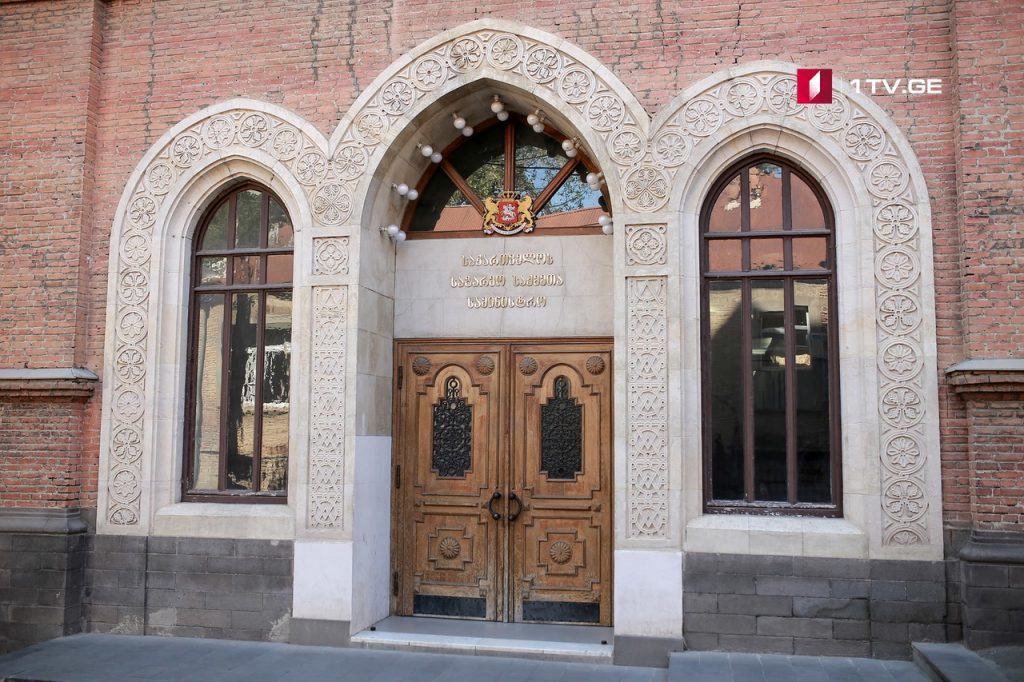MFA: Issue of return of IDPs was not discussed during Geneva Talks due to the destructive position of Russia and occupational regimes
The Ministry of Foreign Affairs of Georgia has released a statement regarding the 46th round of Geneva International Discussions.
According to the statement, the special emphasis was made on the necessity of solving the humanitarian problems of the conflict-affected population.
The Georgian delegation spoke about the illegal occupation of Abkhazia and South Ossetia by the Russian Federation and severe results of the factual annexation process for the local population.
Talks were focused on Russia’s militarization process of occupied territories, frequent military exercises and violations of Georgian airspace. The Georgian participants talked about strengthening the occupation line with barbed wire fences and condemned the illegal installation of artificial barriers in Atotsi village.
“Georgia’s representatives urged the necessity of full implementation of the ceasefire agreement of 12 August 2008, mediated by the EU and signed by Georgia and the Russian Federation. Amid the strengthening of Russian military presence in the occupied territories of Georgia, the Georgian delegation again raised the necessity of fulfillment of the obligations of non-use of force by Moscow and the necessity of the presence of the international security mechanisms in Abkhazia and Tskhinvali regions of Georgia.
During the talks, a special attention was paid to the murder of Archil Tatunashvili, Giga Otkhozoria and Davit Basharuli. The rights of the population living in the regions of Abkhazia and the Tskhinvali regions as well as adjacent to the occupation line were also discussed. The discussions touched upon the issues related to the restriction of free movement, prohibition of education in native language, violations of property and other fundamental rights. The subject of special consideration was the severe consequences of ethnic discrimination of the Georgian population of Gali and Akhalgori and the necessity of immediate solving of this challenge… The responsibility of the Russian Federation, as a power exercising effective control over the occupied territories, was underlined in this context.
Due to the destructive position of the representatives of Russia and occupational regimes, it was impossible to discuss the issue of safe and dignified return of internally displaced persons and refugees as a result of ethnic cleansing in Abkhazia and Tskhinvali regions, which is one of the main topics of the agenda. In order to avoid discussion on this issue, the participants from Moscow, Sokhumi and Tskhinvali left the negotiations. Co-chairs and co-moderators from the EU, UN and OSCE as well as US representatives were concerted related to the issue of improvement of security, humanitarian and human rights situation on the ground,” the statement of the Ministry reads.
According to the Foreign Ministry, the next round of the negotiations will be held on April 2-3, 2019.

